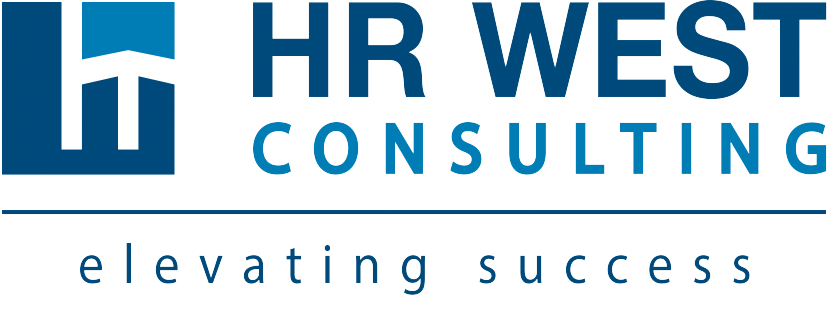The following article was originally published in The Quarterly Pour magazine, Winter 2019 Edition. See it online at:https://www.emcmarketing.com/sites/emcmarketing.com/files/file_upload/Publican/2019/Quarterly_Pour_Winter_2019.pdf
by Kevin Woolliams
The human resources concept of total compensation is that all compensation—not just wages—should be included in the calculation of what employees make. Following this concept, total compensation includes wages, benefits, retirement plans, vacation and paid leave days, and work-life benefits (aka perks). The entire employment package should be designed to attract, retain, reward, and motivate your employees’ commitment and performance. The concept applies across any industry, but in hospitality, you also have to factor in how tips contribute to your compensation package.
In the current economic conditions, most managers and owners are acutely aware of wages. Minimum wages are a topic across Canada with significant changes both up (BC) and down (Alberta) in recent years. High demand positions continue to garner premium rates reflecting the difficulty of recruiting and retaining skilled employees.
Having additional compensation elements for your employees can set you apart in a very crowded labour market. You will note that many of the other compensation elements have a theme of caring for employees.
Having additional compensation elements for your employees can set you apart in a very crowded labour market.
Paid Time Off
There are elements of wages that show up on a pay stub that are about caring. For example, changing your policy to allow for paid bereavement days is not complicated or expensive but is very appreciated when employees suffer the loss of a loved one. Other examples of paid time off could be enhanced vacation allowances or having an extra statutory holiday on your business calendar. Think about what would be most impactful for your employees before you implement a change, as once you have made the change, it is hard to go backwards.
Incentives & Bonuses
Another category of wage-like compensation is related to performance. Bonuses and commissions are often included in this area, but so are items like the payment of a staff referral or retention bonus. Challenge yourself to be creative in this area. What are the things that drive your business and how can you connect your employees to those items?
Health & Dental Benefits
Traditional benefits like life insurance and dental and paramedical coverage can be an attraction for some employees. Cost can be an issue, but having a modest plan that appeals to a range of employees does not have to be overly expensive. If considering this option, ask your employees what coverage is important to them. Not all employees really want or need benefits due to spousal or school coverage, so limited benefits may be a preferred option for the majority of employees. If you have health care benefits, do not be shy about them—let your employees know that you are spending money on their behalf and that you care about their health and wellbeing.
Retirement Plans
Retirement plans can run the gamut from modest to gold-plated. In general, hospitality employers have been cautious about retirement plans, so this may be an opportunity to separate your business from the pack. Most retirement plans have a specific cost to the employer—say $0.50 per hour—so explaining how much you are paying on behalf of your employees is clear and obvious. Make sure that your employees know how much and why you are contributing; there is nothing wrong with an employer stating that you care about your employees today and into the future. Without sharing information about costs and “why” with your employees, your costs associated with a retirement plan will not be fully leveraged.
Perks
Perks can be divided into two broad categories, the first being more formal things like gym memberships, assistance with courses (either inside or outside the industry), shoe or knife allowances in the kitchen, and more. Less formal examples include industry tastings, swag from suppliers, and even flexible scheduling.
Tip Sharing
Tipping and gratuities as part of total compensation is almost exclusively associated with hospitality. Even if tips do not show up on a pay stub, they still form part of your employee’s compensation. Therefore, you should give the same consideration to your tip structure as you give to wages, benefits, or paid time off. Consider some of the following when you analyze your approach to tipping:
- Does your business have a tip pool?
If no, why not? - When was the last time your tip pool was reviewed by management or employees?
- What has changed in your business or the marketplace since the approach to tipping was reviewed?
In short, if you know what your competitors are paying in basic wages, but you do not know their approach to tipping, you are probably missing some crucial competitor data.
Reviewing (and potentially changing) your operation’s approach to tips should be done with care. There are legislative requirements you need to follow (some of which have changed in the past year), but just as importantly, your employees will definitely be paying attention. Taking the time to do research on what is happening in the marketplace as well as getting feedback on possible changes from your employees is crucial in considering any change. Similar to other non-wage benefits, you must be prepared to explain to your employees why you want to make changes and ideally—much like other non-wage benefits—do it in a positive way that shows you care about your employees.
As your business continues to grow, we always recommend that you keep a watchful eye on your total compensation package—both what it includes and how much it costs. As compensation is almost always the highest controllable cost in hospitality, you have ample financial motivation to understand it and expect the best return on your spend. That spend can be turned into a competitive advantage if you have the right elements in place to attract, retain, reward, and motivate the best employees.



